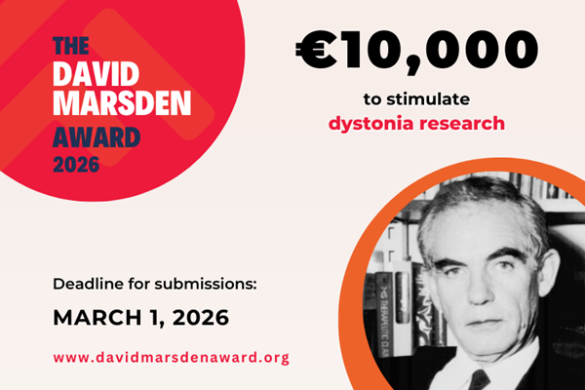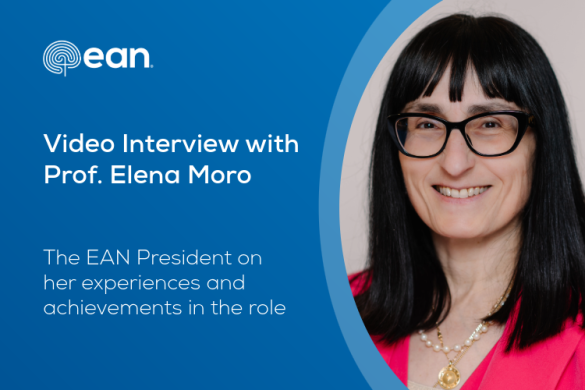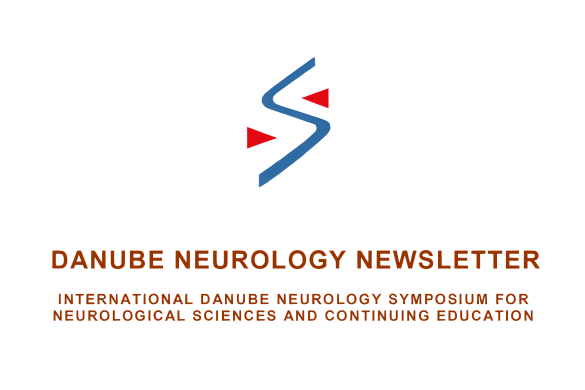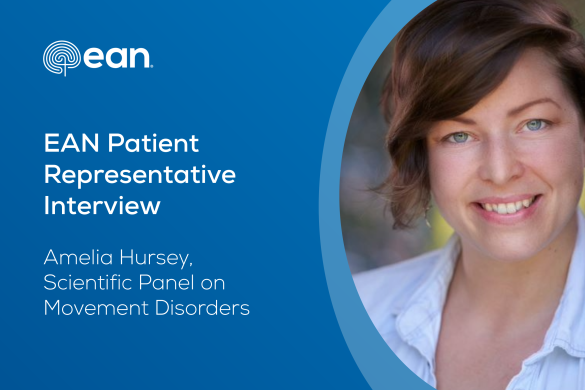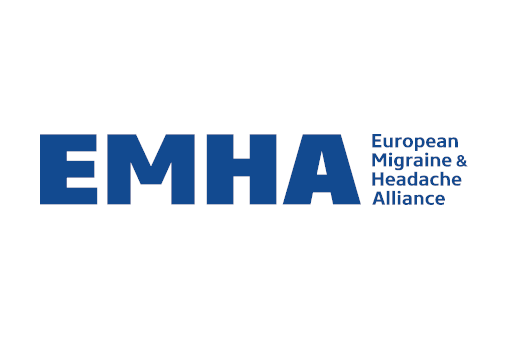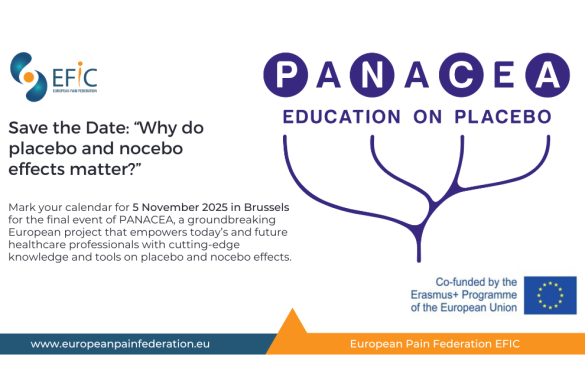
The Scientific Panel for Health has 27 members representing a wide range of disciplines. It is a science-led stakeholder platform that elaborates scientific input concerning this societal challenge. It provides a coherent scientific focused analysis of research and innovation bottlenecks and opportunities related to this societal challenge, contributes to the definition of its research and innovation priorities, and encourages Union-wide scientific participation in it. Through active cooperation with stakeholders, it helps to build capabilities and to foster knowledge sharing and stronger collaboration across the Union in this field.
More on the Scientific Panel for Health can be found here.
Dear Prof. Oertel thank you for accepting to be interviewed with regard to the SPH’s latest publication in The Lancet “ Overcoming fragmentation of health research in Europe: lessons from COVID-19 “
1. The SPH presented its proposal for a EuCHR – European Council for Health Research in 2018 – how has COVID-19 made this call more urgent?
The COVID-19 pandemia has clearly shown how fragmented Health Research in Europe still is. One formal reason is that the topic “Health and health care systems” is a matter of the individual member states. And in contrast “Research” is a matter of the European Union. Thus “health research” finds itself in framework of conflicting responsibility. Another reason is that the SARS-COV1 pandemia in 2002/2003 did not lead to a coordinating European infrastructure for dealing with a future viral pandemic outbreak. Such structure could have been taken as a model for coordinating health research in general at the EU level. So when COVID-19 struck the different EU member states, no prepared action plan or roadmap and structure existed how to coordinate health care and health research and no European infrastructure was available how to organize the support measures in the different health care systems between the EU member states. In fact, it appeared that each country and even inside the country individual regions initiated its/their own approaches how to cope with the COVID pandemia and designed its/their own research projects how to investigate the COVID-19 outbreak. Thus, this acute crisis made the fragmentation of European Health Research highly visible.
2. Who should take up this message and how to move it forward? (political action…)
For 4 years the scientific panel for health (SPH) analysed the strength and weakness of European health research. As the most important bottleneck the SPH identified the lack of a European Health Research Council. The EU is proud to support basic science with the structure “European Research Council (ERC)”, a structure considered to be a true success story. In addition, the EU has implemented a European Institute for Innovation and Technology (EIT) and more recently the European Innovation Council (EIC). In contrast, for Health research, that is for translational research bringing discoveries in basic life science and clinical research to the health care of the Citizens of Europe, such a structure is missing.
In 2018 the SPH proposed the structure of the EuHRC and after an extensive consultation with stakeholders at the national and European level the concept was proposed to the EU-“ministry “ Directorate general headed by the responsible Commissioner) for Research, Science and Innovation (until 2019) – now renamed Directorate general or Innovation, Research, Culture, Education and Youth. Due to several factors – such as the election of the new European Parliament and the designation of the new European Commission in 2019 – followed by the outbreak of COVID-19 in 2020 – the discussion on whether and how such EuHRC should be created was put on hold. And this despite the fact that – as already outlined under the answer to question 1 -the need of such a structure is obvious. This EuHRC is needed not only in the face of the COVID-19 pandemia but for the competitiveness of the European health research at the global level and for the health of European citizens.
3. Four strategic areas are listed for improving health research. Can you highlight one that you feel particularly strong about?
Out of the four strategic areas proposed: (1) – Focus on healthy life, wellbeing, and public health, (2) – Investment in translational research, (3) – capacity building and (4) – partnership
the second point “Investment in translational research “appears to me the topic with the highest chance to be implemented. One reason for this choice is, this topic should not meet major political resistance as it does not request – at least in the beginning – a change in the health care systems of the member states. This strategic area covers defined topics („research on health-care organisation, on outcomes, on financing models, on attrition of ineffective treatments for affordable health care) and if realized the projects will provide concrete results and recommendations and will lead most likely to cost savings.
4. What can EAN do towards improved health research in Europe?
Out of three key players in the decision process of the EU (the European Parliament, the European Comission, the Council of ministers of the member states) the Members of the European Parliament have been elected and the Commissioners nominated in autumn 2019. Numerous members of the European Parliament are new and need guidance and information about health research in Europe. So, one strategy the EAN could adopt is to approach each member of the European parliament at their hometown – not in Strasbourg and not in Brussels – but in their election constituency. At this level, the direct personal contact of say a neurologist together with a patient living with neurological disorders should have an impact on the view of the particular member of Parliament how health research should be supported in Europe. Of course, such a campaign must be properly prepared. The neurologist and the patient would need training how to lobby for brain research on brain health and on brain disorders – for example with a focus on prevention or causal therapy. Such grass root campaign could be implemented in cooperation with EAN, with the European Federation of Neurological Associations (EFNA) and the European Brain Council (EBC) – and may be even in cooperation with the European Psychiatric Association (EPA). Such coordinated approach has, to my knowledge, never been tried and would require a major effort of all members of the EAN. In my view it would be worthwhile in order to convince the members of the European Parliament that the topic “Brain” is one of the, if not the most important topic in health research, for the well-being and the quality of life of all European citizens – and also for the health of the European work force.




